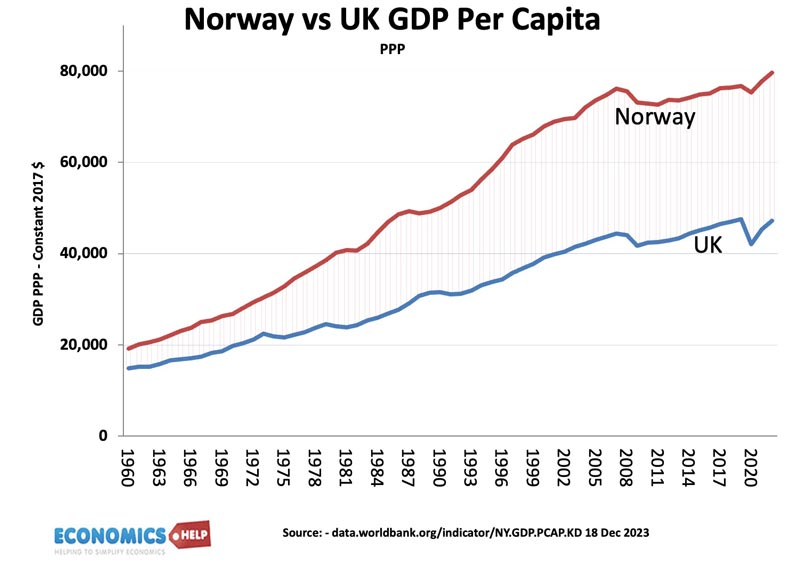I think to understand the main things Thatcher was trying to (and did) do, you need to understand the situation when she came to power. Life and the economy was very different to today: Vast swathes of industry were nationalized: Steel production, almost all public transport, even some car making, coal mining (which was our main source of electricity at the time) as well as electricity generation, etc. Much of this was perceived (IMO, correctly) as being very inefficient, in part because there was no competition: For example the Post Office (who controlled telephones at the time) could make phones as expensive as they wished and be as slow as they wished to deliver them because on the whole you simply weren't able (allowed?) to use any other company to get your phone connected. The highest effective income tax rate was 98%, which meant that if you earned more than a certain income, you invariably either stopped working or moved abroad if you wanted to carry on earning - because any more that you earned in the UK would be almost completely taken away by the Government. Trade Union law gave the Unions immense power - and they used it. Strikes were commonplace, often over the most trivial reasons. It was considered perfectly normal for striking workers to seek to physically prevent or intimidate into not working anyone at their workplace who didn't want to strike - or even to travel to unrelated workplaces to try to prevent from working people at other companies who had no dispute with their employers! (So-called secondary picketing). Restrictive practices in many industries abounded - whereby the trade unions agreed with employers that only certain workers were allowed to do certain tasks - often nothing to do with safety, it was simply a way of 'protecting' jobs - in effect ensuring that more people were working on a task than would have been necessary. One result of all this is that many industries which today are very profitable only survived at the time via massive Government subsidies, and there was a strong sense of the UK typically producing shoddy, overpriced goods.
That situation had slowly built up since WWII, under a political consensus across both Labour and Conservatives, and I would guess motivated by the desire to protect jobs and give people security - which it did, but arguably at a huge cost in overall standard of living and economic freedom. That started to come to a head over the 1970s oil crisis and the 1978-79 winter of discontent - leading to a growing sense amongst many people that Britain just wasn't working. In a way that's similar to the sense that many people have today, but in those days, the public perception tended to lay the blame (correctly IMO) at too much Government control, too much nationalization, and too much union power.
Mrs. Thatcher came to power with a political philosophy that private enterprise and economic freedom would serve people far better than the status quo, and that's basically what she did: She denationalized everything she could, removed Government subsidies wherever she could on the basis that industries should learn to make a profit by providing decent goods that people actually want to buy, and introduced laws that heavily restricted trade unions' right to strike, and outlawed things like secondary picketing. This shattered the political consensus since at the time Labour was - if anything - moving to the left and advocating more state control and more union power - it was very different from the Labour Party of today!
That was the overall picture. Of course lots of mistakes were made along the way, and I see some posters have already highlighted some of them, but the gist was that Thatcher largely turned the UK from a largely state-controlled economy into a private-enterprise-focused economy.
I think there were a couple of reasons why people remember her so badly - and why she was so unpopular in some communities at the time. The biggest reason was that the transition involved a big economic shock, and Thatcher's political philosophy made her very reluctant to provide much Government support to communities that were affected - the classic example being villages and towns that lost their main source of employment when uneconomic coal mines closed down. There were also a couple of specific political mistakes - the 'poll tax' being the most obvious one. And that notorious Section 28, which prevented schools from teaching about homosexuality as a normal lifestyle - which today looks like an awful anachronism and totally wrong, but at the time was little more than a reflection of how society was.


